The Role of General Dentists
General dentists serve as the cornerstone of oral health care, providing a wide range of services essential to maintaining ideal dental hygiene and health. Their role extends beyond routine procedures, encompassing patient education and treatment planning. Through patient education, they empower individuals with knowledge on proper oral care techniques and the importance of regular dental visits. This foundational aspect of their work fosters a proactive approach to dental health, reducing the risk of future complications.
In treatment planning, general dentists analyze each patient’s unique needs, crafting personalized plans that address current conditions while anticipating potential issues. They collaborate with patients to make informed decisions about their oral health, ensuring thorough care. This holistic approach underscores the essential role of general dentists in promoting lifelong dental wellness.
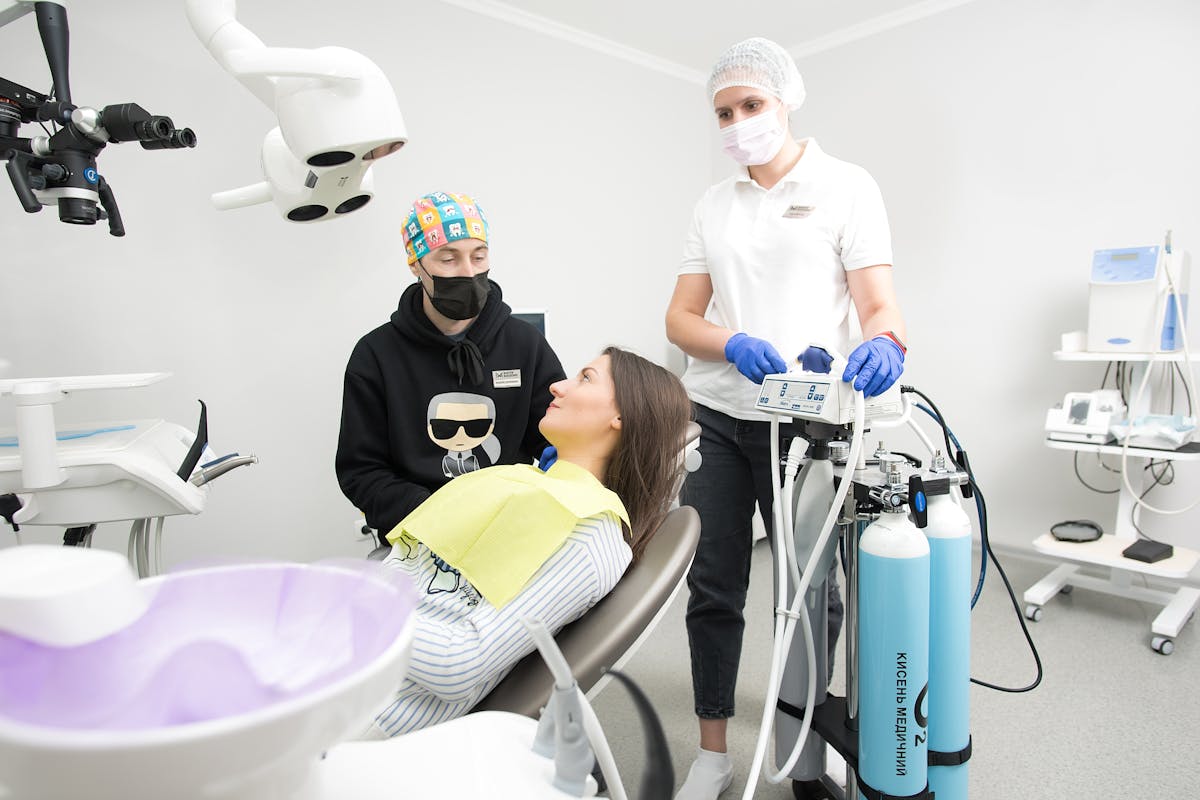
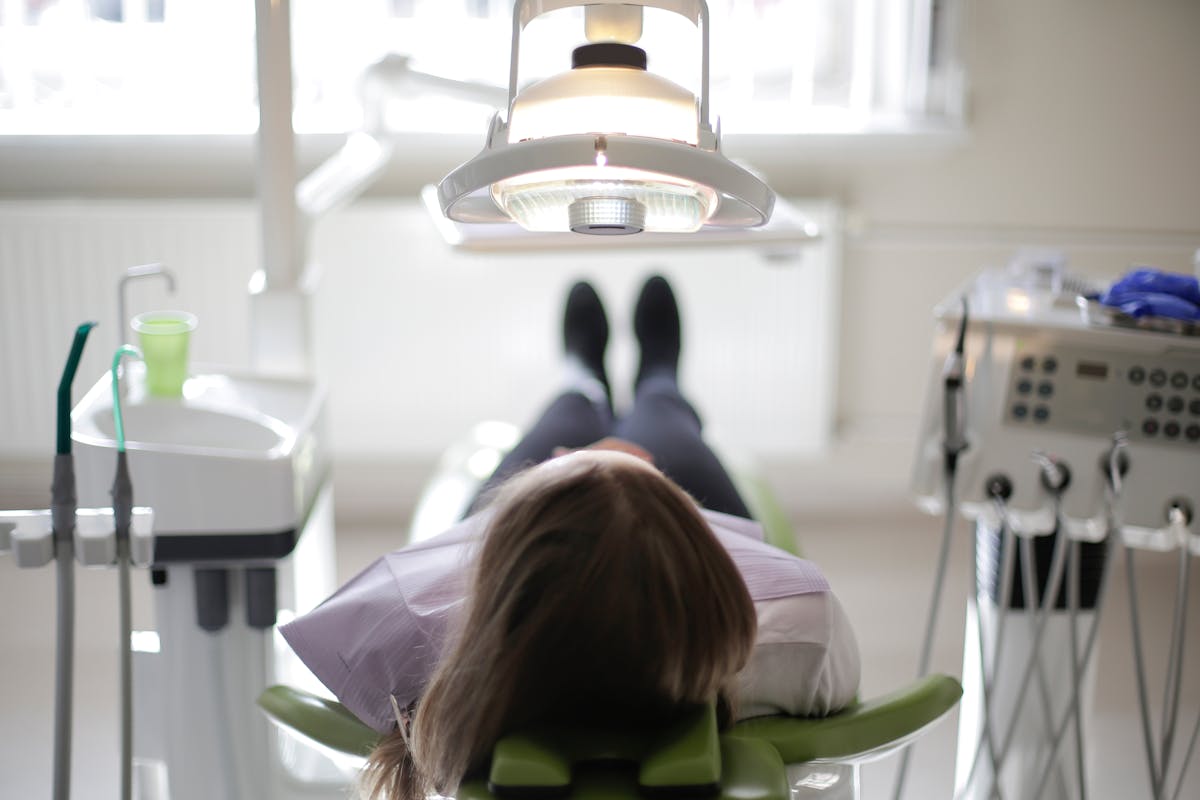
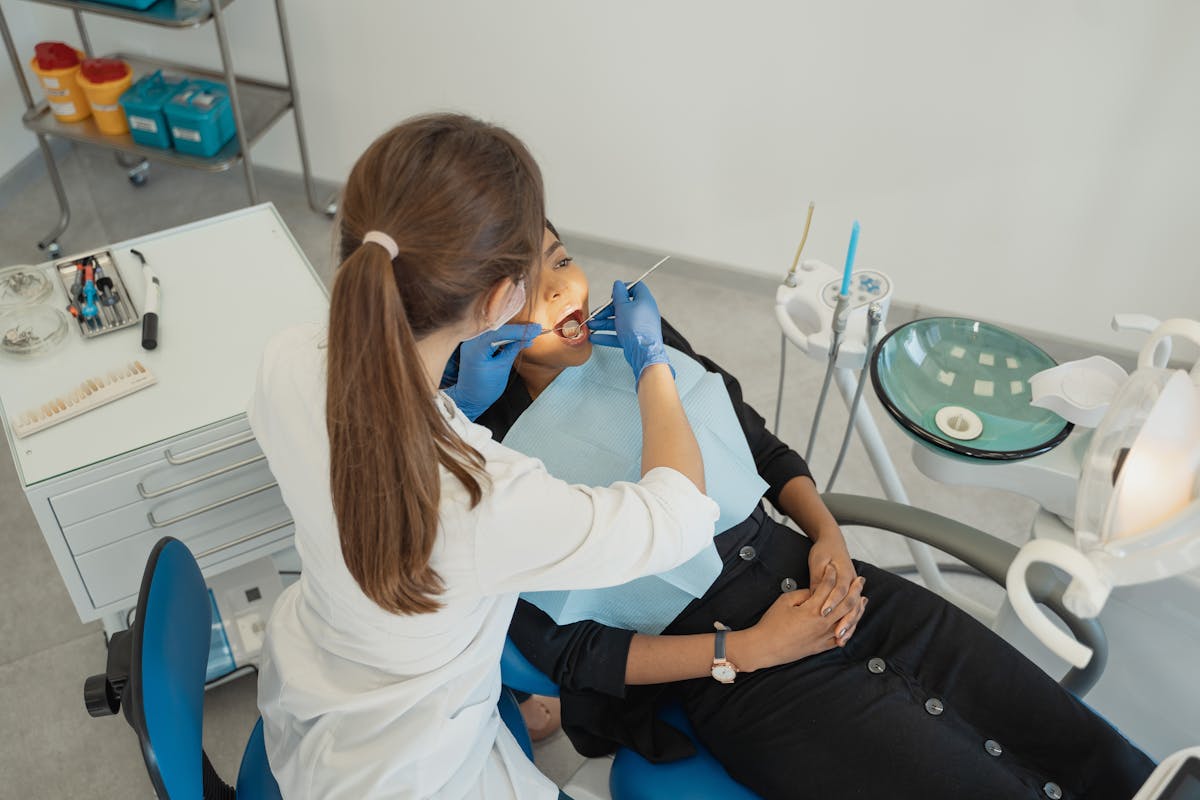
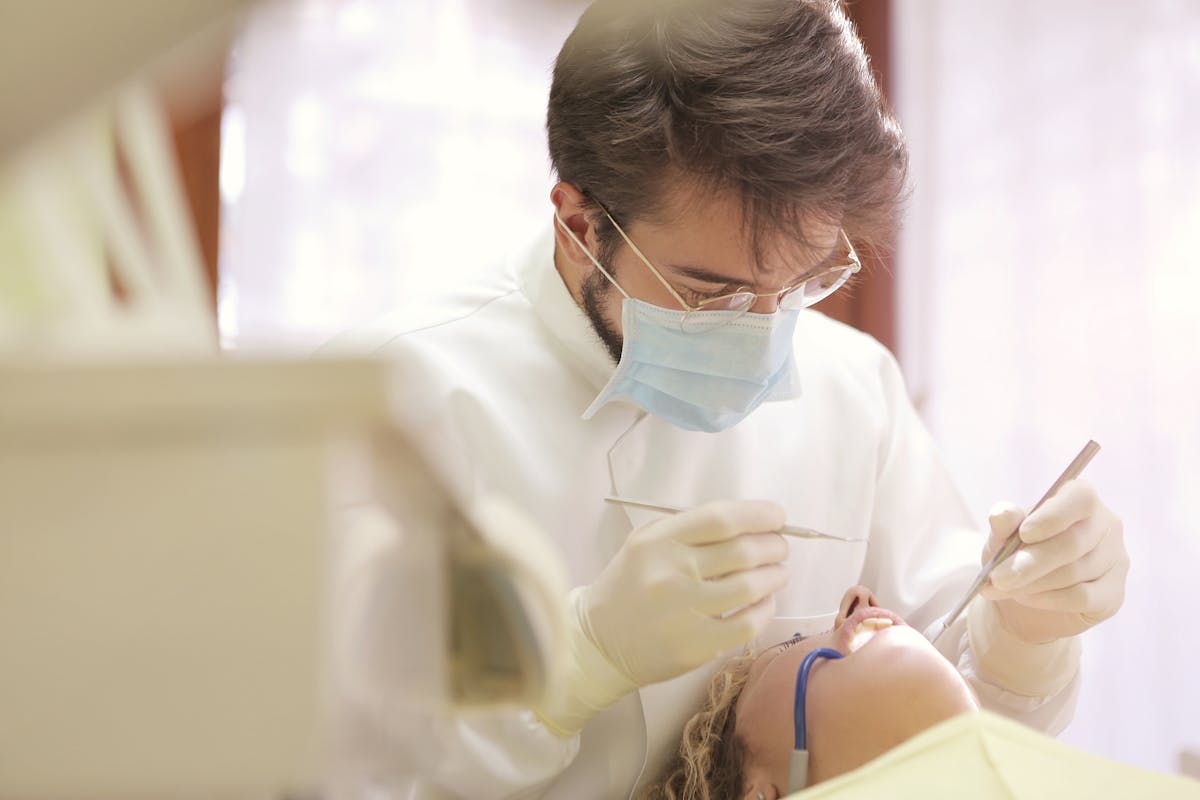
Routine Check-Ups and Cleanings
Routine check-ups and cleanings are a cornerstone of maintaining oral health, emphasizing the importance of regular dental visits. These appointments not only offer the benefits of professional cleaning, which can reach areas often missed by daily brushing and flossing, but also play an essential role in detecting early dental issues before they escalate. By adhering to a regular schedule of visits, individuals can prevent more serious problems and guarantee long-term dental well-being.
Importance of Regular Visits
How often does one consider the essential role regular dental visits play in maintaining overall health? Routine check-ups and cleanings are integral to preventive strategies, ensuring early detection of potential issues before they escalate. They serve as a proactive approach to oral health, reducing risks of serious conditions. Regular visits facilitate the implementation of tailored preventive strategies by dental professionals, promoting long-term oral health.
Patient compliance is critical in this process, as adherence to recommended visit schedules maximizes the benefits of preventive care. Dental professionals rely on these visits to assess oral health status and offer necessary guidance. Consequently, maintaining regular appointments is not merely a recommendation but a fundamental component of thorough health care, fostering both oral and systemic well-being.
Benefits of Professional Cleaning
While often underestimated, professional dental cleanings offer substantial benefits beyond mere aesthetics. These routine check-ups effectively contribute to oral health by ensuring thorough plaque removal, which is challenging to achieve with regular brushing and flossing alone. Plaque buildup, if left unaddressed, can lead to tartar formation and potential gum disease. By eliminating plaque, dental cleanings reduce the risk of cavities and maintain healthier gums. Additionally, they play a significant role in teeth whitening, as the removal of surface stains during the cleaning process can enhance the natural brightness of teeth. Patients may notice fresher breath and an overall cleaner mouth feel post-cleaning. Regular professional cleanings therefore serve as an essential component in maintaining ideal oral hygiene and preventing future dental issues.
Detecting Early Dental Issues
Why are routine check-ups and cleanings essential for dental health? They play a vital role in the early detection of potential dental issues. Regular dental screenings allow professionals to identify problems such as cavities, gum disease, and oral cancer at an early stage. This early detection is significant because it enables prompt treatment, often preventing the progression of conditions that could lead to more serious health complications.
During these check-ups, dentists perform thorough examinations, looking for signs of decay and evaluating gum health. Cleanings remove plaque and tartar, which are not only detrimental to dental hygiene but can also mask underlying issues. Consequently, routine dental visits are an indispensable component of preventive care, ensuring long-term oral health and reducing the risk of costly procedures later.
Preventive Care and Education
Preventive care and education serve as the cornerstone of general dentistry, emphasizing the critical role of early intervention and patient awareness in maintaining ideal oral health. Through preventive education, individuals learn the importance of regular dental check-ups and proper oral hygiene practices. Dental professionals endeavor to instill dental awareness in patients, encouraging them to adopt proactive habits that can avert potential oral health issues. This includes instruction on effective brushing techniques, flossing, and dietary choices that support dental health.
Regular dental visits are essential in identifying signs of decay or gum disease before they escalate into more serious conditions. By empowering patients with knowledge and resources, general dentistry aims to reduce the prevalence of dental problems, ultimately fostering a healthier community with fewer invasive treatments needed.
Common Dental Procedures
Exploring the domain of common dental procedures reveals a spectrum of treatments designed to address a wide range of oral health needs. Routine cleanings and examinations form the cornerstone of preventive care, ensuring early detection of potential issues. Fillings, crowns, and bridges are frequently employed to restore tooth integrity and function. Root canals, once feared, now benefit from dental technology advancements, which enhance precision and reduce discomfort. Additionally, tooth extractions and scaling address decay and gum disease, safeguarding oral health. Innovations in dental technology have considerably improved patient comfort measures, with minimally invasive techniques and sedation options now available. Consequently, these advancements not only enhance the efficacy of treatments but also contribute to a more pleasant experience for patients undergoing various procedures.
Managing Dental Emergencies
Managing dental emergencies requires understanding the various types that commonly occur, such as toothaches, knocked-out teeth, and broken dental appliances. Immediate care tips, such as rinsing the mouth with warm water or applying a cold compress to reduce swelling, can alleviate discomfort before professional treatment. By familiarizing themselves with these emergency types and initial care strategies, individuals can effectively handle urgent dental situations.
Common Dental Emergency Types
When a dental emergency strikes, prompt and effective management is essential to alleviating pain and preventing further complications. Common emergencies include tooth fractures, often resulting from accidents, which can expose sensitive nerves, leading to significant discomfort. Dental abscesses, caused by infections, can result in swelling and intense pain, requiring swift intervention. Lost fillings can leave teeth vulnerable to further decay, while gum injuries may cause bleeding and infection. Toothaches, frequently associated with underlying issues like cavities or cracked teeth, demand immediate attention to diagnose the root cause. Bite misalignment from trauma can impair chewing and necessitate correction. Tooth sensitivity might indicate enamel erosion or other underlying conditions. Ultimately, oral infections can rapidly escalate, emphasizing the need for timely dental care.
Immediate Care Tips
How can one effectively manage dental emergencies when they arise unexpectedly? Immediate care can make a significant difference in outcomes. For instance, if someone experiences sudden dental pain or tooth sensitivity, rinsing the mouth with warm water can help alleviate discomfort. In cases of a knocked-out tooth, it’s important to handle it by the crown, not the root, and place it back in the socket or in milk to preserve it until professional help is available. Applying a cold compress can reduce swelling and pain in situations involving trauma. Over-the-counter pain relief may also be beneficial, but it’s critical to avoid aspirin directly on gums as it can cause tissue damage. Quick action and proper care are essential until a dentist can be consulted.
The Importance of Oral Hygiene
Oral hygiene plays an essential role in maintaining overall health and well-being. Effective brushing techniques are critical for removing plaque and preventing tooth decay. Dentists recommend using a toothbrush with soft bristles and fluoride toothpaste, ensuring all surfaces of the teeth are cleaned. Proper brushing should last two minutes and include gentle circular motions to protect gums.
Equally important is the significance of flossing, which reaches areas a toothbrush cannot. Flossing at least once a day helps remove food particles and plaque between teeth, reducing the risk of gum disease and cavities. Regular flossing also promotes healthy gums and prevents inflammation. Together, these practices form the foundation of a robust oral hygiene routine, essential for maintaining dental health and preventing future complications.
General Dentistry and Overall Health
Effective oral hygiene practices not only support dental health but also have a profound impact on overall health. This relationship, known as the oral systemic connection, underscores the importance of maintaining good dental care. Research indicates that poor oral health can lead to serious health implications, including cardiovascular disease, diabetes, and respiratory infections. Bacteria from inflamed gums can enter the bloodstream, potentially contributing to these conditions.
General dentistry plays a vital role in preventing such issues by promoting regular dental check-ups and early detection of oral diseases. Furthermore, the identification and management of oral health problems can mitigate broader health concerns. To sum up, understanding and acting upon the oral systemic connection is essential for thorough healthcare, emphasizing the necessity of integrating dental health into overall wellness strategies.
Visit Us Today
Let OraCare Dental Centre be your partner in lifelong oral health. Whether it’s your first visit or your fiftieth, we’re here to make your dental experience exceptional.
